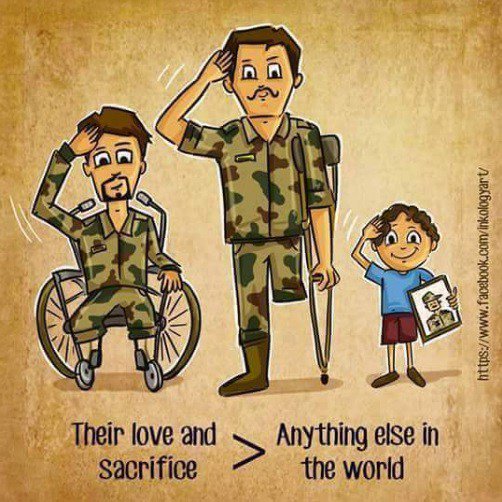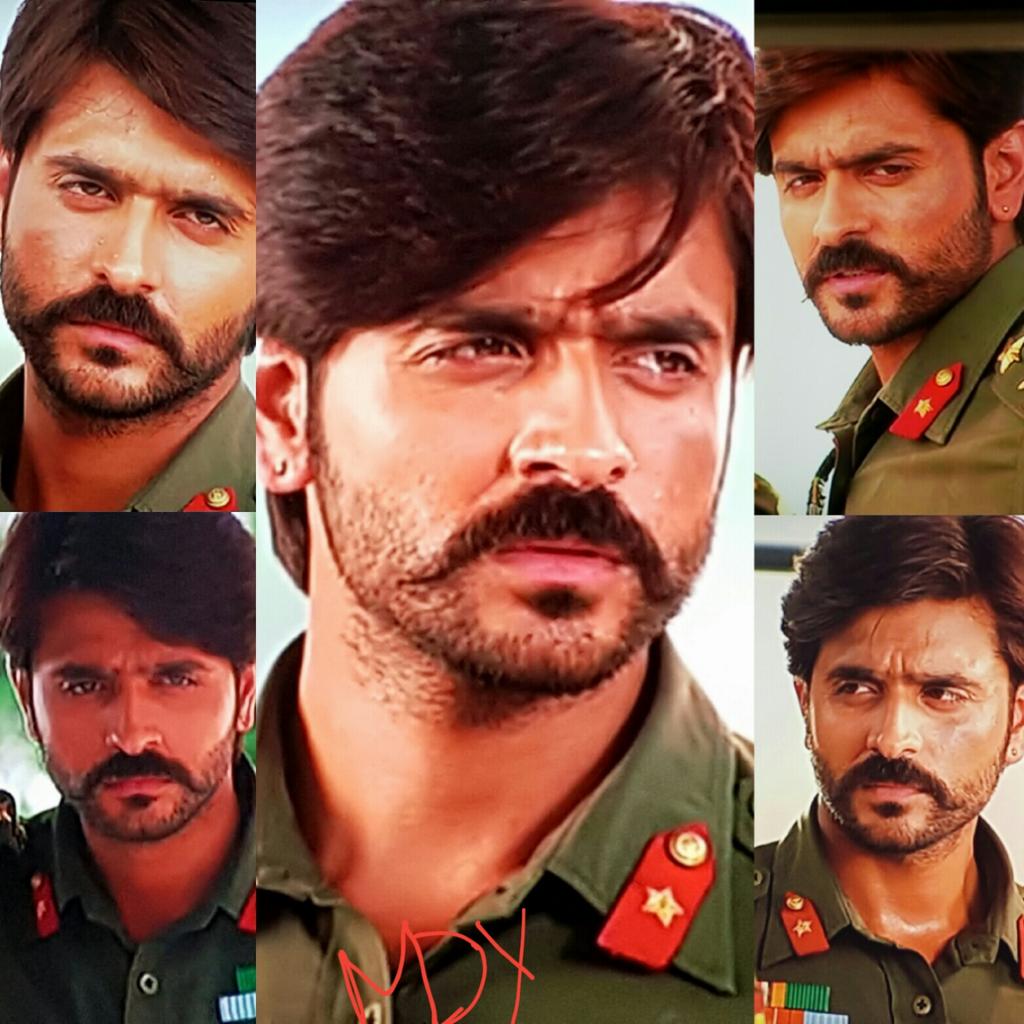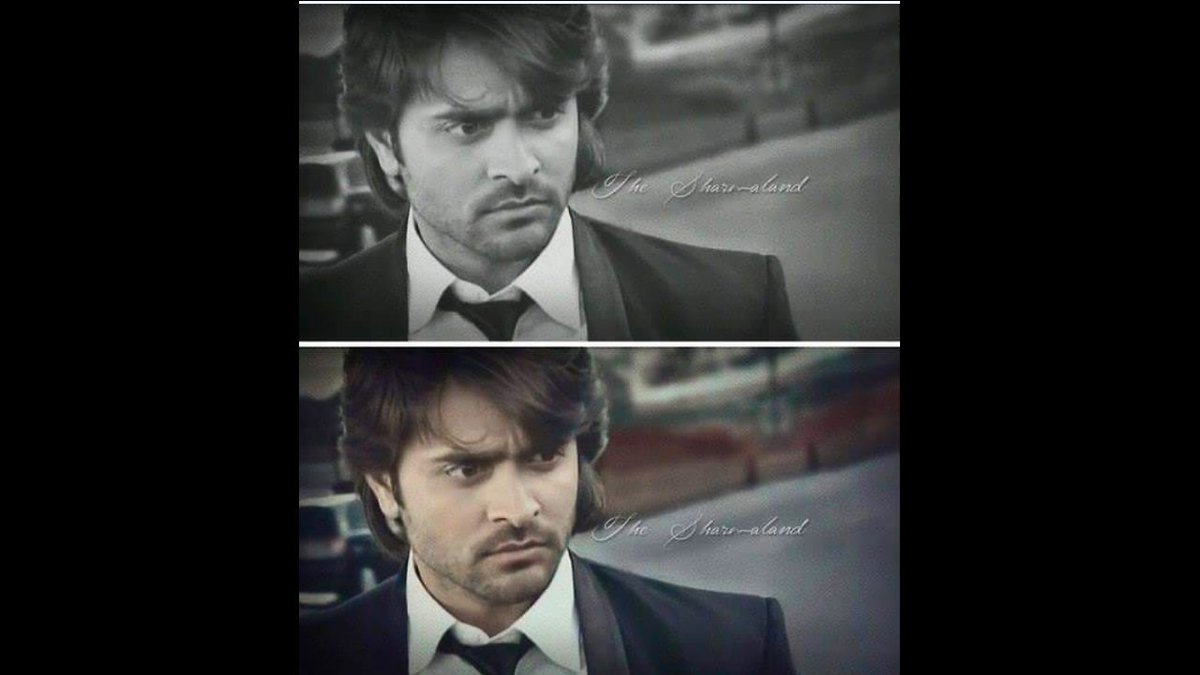I liked that movie that timeDon't know how I will feel, if I see it now😆😆
Mannat Har Khushi Paane Ki: Episode Discussion Thread - 36
BRAINLESS KRISH 23.12
Ranveer walks out of Don 3
Awards Navri actually deserves
Out now TMMTMTTM song - Saat Samundar Paar
Mihir tulsi reunion bts??
Mithali n Hritik married 😂😂
New promo: Noyna sees Tulsi
Prediction - Tu Meri Main Tera Main Tera Tu Meri
Hrithik Roshan pictures at Eshaan’s wedding today
Pari : I'm sorry. I miss you mumma.
New fiction coming soon
Dhurandhar Part 2 Likely To Move Forward
🏏India Women vs Sri Lanka Women, 2nd T20I SLW tour of India 2025🏏
I liked that movie that timeDon't know how I will feel, if I see it now😆😆



Originally posted by: Madhu_4u
Hello 😃
Came here to tell u all that am fine and hopefully by next week will be regual on GC 😉I hope there are lots of news and entertainment I have to catch up 😆
(4ISC Programme, Day1) Session Name: "SERIAL KILLERS" 2:30 pm - 4:00 pm
MODERATOR - Saurabh Tewari
PANELISTS - Gaurav Banerjee (Star), Anooj Kapur (SAB), Ravina Kohli (Epic), Danish Khan (Sony), Purnendu Shekhar, Ved Raj
KEY QUESTIONS -
1) Are today's serials killing the intellect of the audience? Are we creating content for Dumb Audience or has the content made audience Dumb?
2) Does our current TV content reflect our times and society? Are we documenting ourselves correctly for the future generation?
3) Our serials tend to be placed in la la land. It tries to create a archetype of characters and situations. Our serials are very insular. Todays stories and characters don't seem to be affected by the society that we are living in. Why don't we talk economy, politics and society in our shows? The whole nation saw a sea change politically in the last elections but not a single show reflected the mood and the change in the society. Why? When we see International series or for that matter Hindi shows from 80s we do get the feel of time and society: economical, political and social stature from the shows. But today why do we shy away from creating the same society we live in?
4) Why don't we have characters from other communities in our shows? Why do we have either "all Hindus" or "all Muslims" characters in our shows? Or for that matter characters from other regions of India. Today population migration even in small towns is a phenomena but our stories don;t seem to show characters from any other states of India except the cow belt. Also we tend to follow trends... there was a time when most shows had a Gujrati family and then it shifted to Rajasthani families and now its all about small town North India. So where did the idiosyncratic Parsi or even the cliched South Indian disappear? Why don't we see a mixed community, the way we live? Do the shows have to be region specific and rigid?
5) In the past 10 years, it seems that quantity has taken over quality. From once a week we have gone to 7 days a week. Though business is important and we are in the business of creating content so if the content suffers due to business then till when will the business last? Can we de link content from business?
6) Web series are able to come up with different content and generate audiences amongst youth and the young population, who have stayed away from GEC's. Is our stories of today getting restricted as its only targeting the middle-class household wife? Won't TV loose relevance over a period of time to the Web if we don't experiment in our content on GEC's? In the name of experimentation a few shows that have come on GEC's lack the conviction of true experimentation... why so?
7) To quote Marcus Sedgwick : "A story has its purpose and its path. It must be told correctly for it to be understood". So who is telling the story today? The Producer, The Story Writers, The Broadcaster or The Research Team?
Talk of mythology and there is only one author that comes to our mind"Devdutt Pattanaik, the man who introduced us to a whole new dimension of the famous epics of India.
A self-taught mythologist, he is the author of several works on aspects of myth, including Myth = Mithya: A Handbook of Hindu Mythology, 7 Secrets from Hindu Calendar Art, 7 Secrets of Vishnu and the 7 Secrets of The Goddess.
Needless to say, his brilliant books and his version of myth and mythology has made him India's favourite mythologist. He is now out with a charmingly illustrated retelling of the Ramayana for kids titled Sita, the girl who chose.
theindusparent caught up with the prolific writer for a conversation for all things mythology.
Of all the mythological stories which is the one that beautifully brings out the relationship of a mother and a child?
Every relationship is unique and one must not grade them as better or worse. For example, with Kaikeyi we see a relationship that is shaped by her ambition for her son, Bharat. Is that a good thing or a bad thing? With Sita, we see a single parent, who ensures her children, Luv and Kush, grow up learning good things about their father, even though he abandoned her.
Who is that one mythological woman that has impressed you the most?
Child psychologists tell us that we should never compare children as that can have serious issues with their self-worth and self-esteem. And yet, we are obsessed with drawing lists based on comparison. I feel every woman is unique and has something impressive about her.
I find Sita remarkable for her ability to make choices and blame no one. I find Surpanakha remarkable because she took a risk, even though she suffered for it. I find Sulochana remarkable for securing her husband's corpse back.
Is it true that some of India's favourite mythological characters were way more advanced than the humans of today? Any one particular character that is your favourite?
I think mythological characters are timeless. This means they exist in past, present and future. They are not better, or worse, than present day humans.
They just are like present day humans. We see Ravana amongst us who does not respect other people's rules or choices. We see Hanuman amongst us who does things selflessly.
Kids today are exposed to iPads, gadgets, television and all the latest available technology. But when it comes to stories, they only want to hear about stories from the Ramayana and Mahabharata. What is it in these stories that kids find so attractive?
A good story has many complex invisible layers but appears to be very simple. That is the nature of Ramayana and Mahabharata. They are psychological instruments that were created Vyasa to communicate Vedic truths to people. So they appeal to the child in us, but also help us become better adults. They connect with us viscerally. Sadly, we stop at a superficial level and rarely explore the complexity.
Any tips for parents on how to get your kids interested in mythological stories?